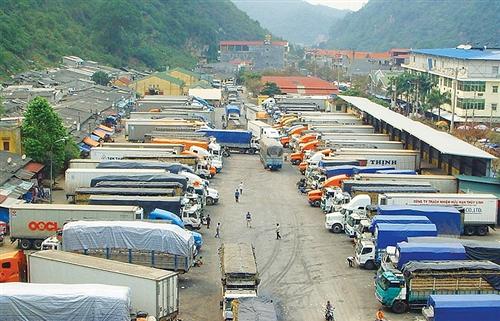Vietnamese firm exports coffee cherry tea priced at US$99 per kilo
Vietnamese firm exports coffee cherry tea priced at US$99 per kilo
Phan Minh Thong, general director of Phuc Sinh Corporation based in Ho Chi Minh City, announced the information at a product launch event on Tuesday.
This type of coffee cherry tea, also known as cascara, has been shipped to Italy and Middle Eastern countries at $99 per kilo, said Thong.
The tea product that was recently put up for sale in the Vietnamese market was priced even better than high-end coffee products.
Only a few producers around the world are capable of making this type of specialty tea since the product requires strict selection criteria for raw materials, and state-of-the-art technology is needed to produce it, according to the entrepreneur.
Cascara is the sole tea product in the Southeast Asian country which is wholly made from the dried skins of Arabica coffee cherries.
The Arabica coffee is mostly grown in the northwestern mountainous province of Son La.
Coffee beans are picked by hand instead of being plucked from their trees. Only quality beans are chosen to be dried and peeled, thanks to the adoption of Colombian technology at Phuc Sinh.
Thong remarked his company has built up a reputation for its products over the past years, so it is bucking the downward trend in exports, amid disruptions caused by the novel coronavirus disease (COVID-19) pandemic.
“During the pandemic, our customers are becoming most concerned about safe and reliable supplies, so our orders are actually on the increase,” he said.
Since the end of the week-long Lunar New Year, or Tet holiday, his employees have worked overtime to produce sufficient goods for export, according to the businessman.
Founded in 2001, Phuc Sinh Corporation, formerly Phuc Sinh International Ltd., has become a leading Vietnamese exporter of coffee and pepper.
It also offers other agriproducts, such as rice, cashew nuts, and desiccated coconut.
Vietnam is among the world’s largest tea producer.
Given the adverse impacts of the escalating virus crisis, the country’s tea export earnings between January and April dropped by an estimated 14 percent from a year earlier to $53 million, according to the Ministry of Agriculture and Rural Development.
























